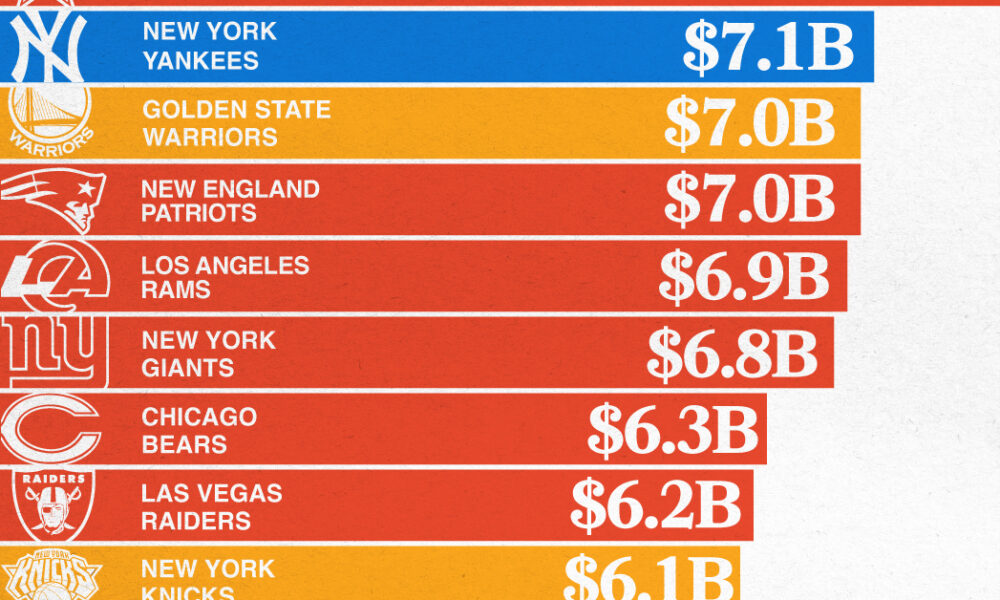In the heart of American culture lies a behemoth that extends far beyond the playing field – the sports industry. Valued at an astounding $160 billion in 2023, this sector has become a powerhouse driving not only cultural trends but also significant economic growth. From multibillion-dollar media deals to the rising prominence of esports, the business of sports in America is a complex tapestry of revenue streams, innovative business models, and passionate fan engagement.
Media Rights: The Golden Goose
At the forefront of this economic juggernaut are media rights deals. The NFL’s recent $113 billion agreement with major networks, spanning 11 years, exemplifies the enormous value placed on live sports content. This deal alone has reshaped the landscape of sports broadcasting and team valuations. With streaming giants like Amazon Prime Video and Apple TV+ entering the fray, competition for exclusive content has intensified, further driving up the value of these rights.
The Live Experience: More Than Just a Game
Despite the dominance of media revenues, live events remain crucial to the sports economy. The average NFL ticket price of $151 in 2022 only scratches the surface, with premium experiences commanding thousands of dollars per seat. Teams are increasingly focused on creating immersive stadium experiences, incorporating luxury amenities and cutting-edge technology to enhance fan engagement.
Sponsorships and Endorsements: The Power of Association
The synergy between sports and brands continues to be a major economic driver. In 2023, North American sponsorship spending exceeded $24 billion, with a significant portion directed towards sports. From stadium naming rights to jersey sponsorships, companies are investing heavily to associate their brands with the passion and loyalty of sports fans.
Individual athlete endorsements add another layer to this ecosystem. Superstars like LeBron James and Patrick Mahomes command tens of millions in endorsement deals annually, creating mutually beneficial relationships between athletes, brands, and fans.
Esports: The New Player on the Block
The rise of esports has introduced a new dimension to the sports industry. With global revenues expected to surpass $1.6 billion in 2023, competitive gaming has secured its place in the sports economy. This growth reflects changing consumption patterns among younger audiences and opens up new avenues for investment and innovation.
Economic Ripple Effects
The impact of sports extends far beyond direct revenue streams. Major sporting events like the Super Bowl can inject $300-500 million into host city economies. The industry also supports hundreds of thousands of jobs across various sectors, from event management to broadcasting.
The legalization of sports betting in many states has further amplified the economic impact. In 2022 alone, sports betting generated over $60 billion in wagers, contributing significantly to local and state tax revenues.
Looking Ahead: Innovation and Growth
As the sports industry continues to evolve, driven by technological advancements and changing consumer habits, its growth potential remains substantial. Innovations in digital streaming, augmented reality, and fan engagement promise to create even more immersive experiences for fans and new revenue opportunities for businesses.
The business of sports in America is not just about what happens on the field; it’s a testament to the power of passion, community, and innovation in driving economic growth. As we look to the future, the sports industry seems poised to continue its trajectory as a major force in both culture and commerce.

